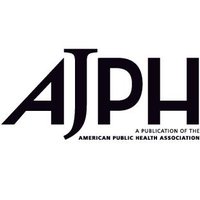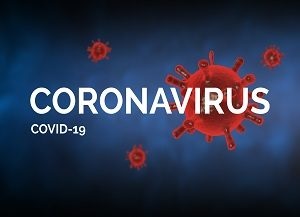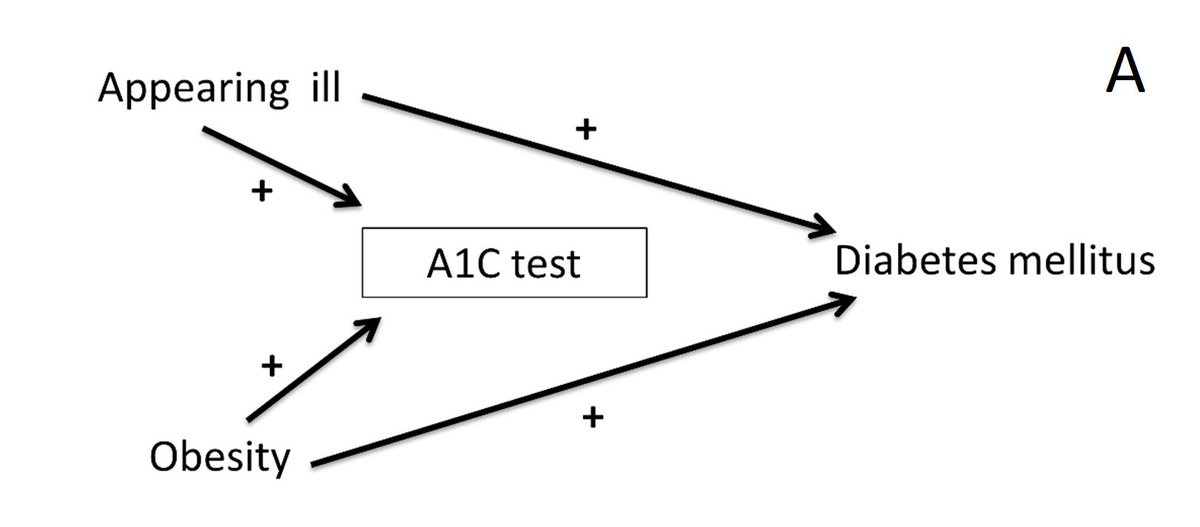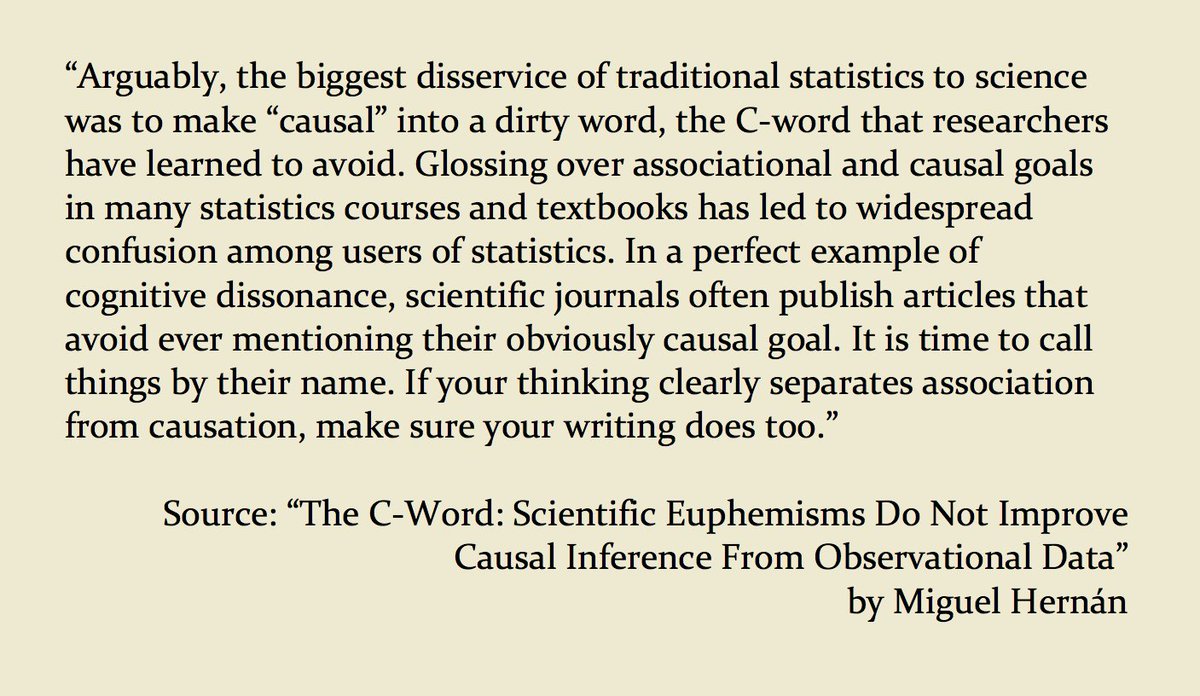
Steven Stovitz
@stevenstovitz
ID: 735982962584354820
26-05-2016 23:56:27
14 Tweet
32 Followers
112 Following
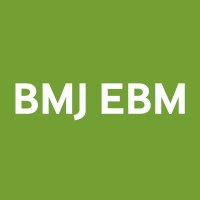




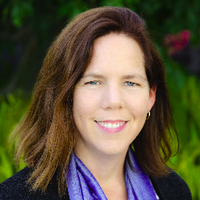
Thanks to Hailey Banack for a great workshop on quantitative bias analysis UCSF Epidemiology & Biostatistics yesterday. Critical not just to recognize limitations but assess plausible magnitude. Check out Hailey & @ER_Mayeda's workshop at 2018 SER conference: epiresearch.org/annual-meeting…


This may be the most important “study” of 2018. Seriously. If you believe in the obesity paradox (or other paradoxes), read this…again and again> ncbi.nlm.nih.gov/pubmed/29374028 #SelectionBias h/t statsepi cc Prash Sanders #HealthJournalism Cedric Kanode

